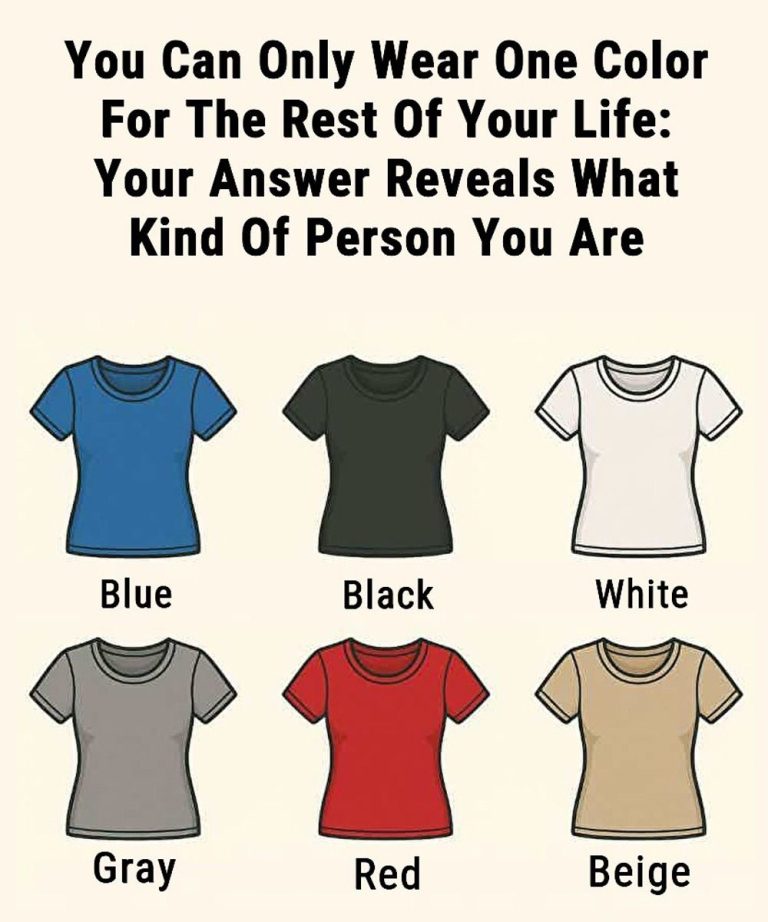Debra Messing sparks outrage with scathing message to Zohran Mamdani
New York City’s political landscape shifted dramatically this week when Zohran Mamdani, 34, made history as the city’s first Muslim and South Asian mayor. But while his victory marked a milestone for representation and progress, it also set off a storm of controversy — one that soon pulled a Hollywood star into the spotlight.
Shortly after Mamdani’s win, actress Debra Messing, best known for her role on Will & Grace, drew widespread backlash for reposting a political meme that many described as offensive and inflammatory. The post labeled Mamdani a “communist jihadist” and framed the election as a battle between “democracy and extremism.”
Messing, who grew up in Brooklyn and had publicly backed independent candidate Andrew Cuomo, shared the post to her million-plus followers — but the reaction was immediate and fierce.

